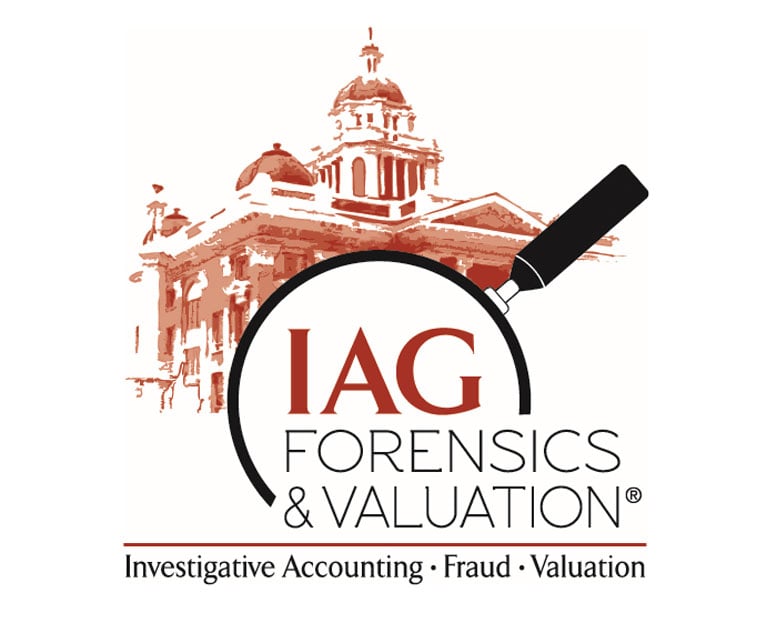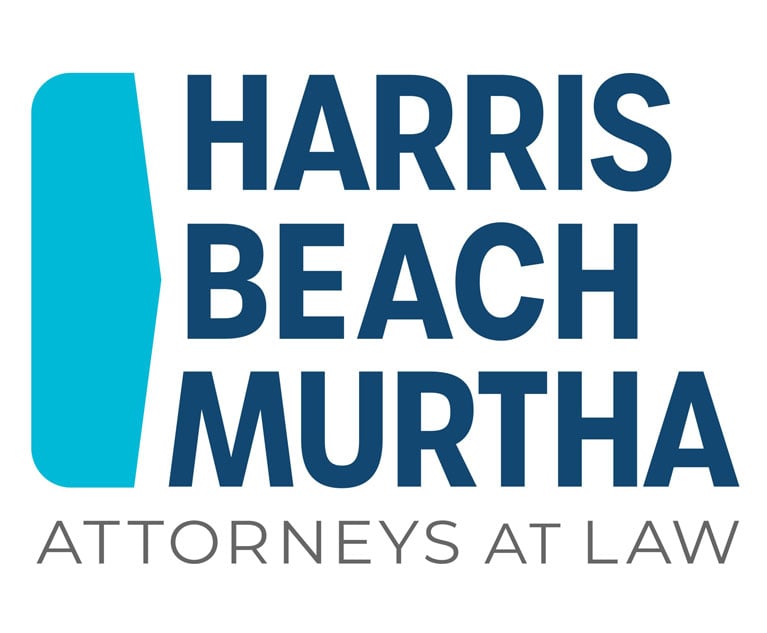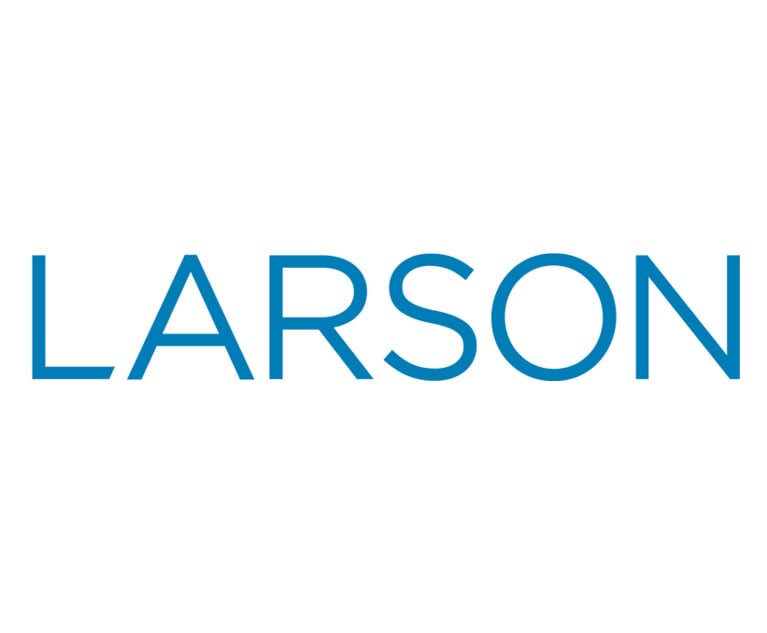Relationship management in a disruptive business environment
How new client relationship management systems can help law firms revitalise their business
March 21, 2017 at 07:58 AM
7 minute read
The original version of this story was published on Law.com
 Today, law firms need to be nimble and a step ahead in 'horizon scanning' client organisations to help anticipate business risk when potentially fundamental changes are taking place within their customers' enterprises. Only then will lawyers truly earn the mantle of trusted legal advisers and ensure client 'stickiness' in an ever-increasingly global and competitive world. Why do I say this?
Today, law firms need to be nimble and a step ahead in 'horizon scanning' client organisations to help anticipate business risk when potentially fundamental changes are taking place within their customers' enterprises. Only then will lawyers truly earn the mantle of trusted legal advisers and ensure client 'stickiness' in an ever-increasingly global and competitive world. Why do I say this?
Client organisations are changing rapidly. It's imperative that law firms stay ahead of the curve, foreseeing clients' business needs as customer organisations embark on unchartered territory, potentially undertaking significant risk, to evolve their offerings and grow market share.
It's now widely acknowledged that regardless of the traditional or historical nature of a business, it's a matter of time before many components of organisations transform into technology businesses. Client demand and the digitisation of business is enabling this and already there are several examples from the 'gig' economy, of disruptors in traditional industries, including Uber and Airbnb. The lines are blurring between what a company has historically delivered to its customers and what it might in the future. Most financial institutions are innovative software houses in their own right today; a good example is Moneybox, a smartphone app developed by an asset management firm that facilitates micro-investing. The app rounds up an individual's debit/credit card transactions automatically and then presents the digital spare change in the app for the user to 'swipe right' to add it to an investment account. Clearly, a traditional asset management organisation has ventured in to the fintech industry.
Against this backdrop of a speedily diversifying, fast-paced business environment, to earn the reputation of a trusted legal adviser, a change in the cultural mindset of law firms is required, moving towards relationship management. In the legal sector, where relationships continue to be the mainstay of organic growth and new business, the traditional and staid approach of primarily one-to-one style relationship management has run its course.
Contrary to the preconceived notions of many lawyers, relationship management doesn't have to be time consuming, laborious and an activity that takes them out of their comfort zone. Technology to the rescue – CRM systems can aid the efforts of lawyers to undertake slick, business-orientated, long-term 'relationship management' to help them meet revenue and growth targets, both individually and for their firm as a whole. Many law firms already implement CRM systems, but there are very few who actually deploy technologies that offer sophisticated relationship intelligence functionality that allows them to undertake business-driven relationship management initiatives. Clients, on the other hand, are crying out for a long term, relationship-driven partnership with their law firms.
Business-driven relationship management that is routine
Essential to this kind of relationship management is a really deep understanding of clients, their organisations and extended networks. For instance, merely by looking at a client contact's information in the firm's CRM system, a lawyer should be able to learn about who else in the firm knows the individual, the strength of that relationship scored between 1- 10, the level of engagement with the executive, new areas that the client's business is looking to venture into, and so on. However, this is just the start.
Such information then serves a cue for lawyers to act on. A lawyer might decide that with contact A, because there has been minimal engagement, the firm loses almost every proposal, and the individual never attends any of the firm's hospitality events; effort might be better spent in developing a relationship with contact B, whose organisation is the firm's client in the finance practice area, but the company is foraying into transportation – an industry in which the lawyer has extensive expertise. This is 'horizon scanning' as part of the lawyer's day-to-day activity. The lawyer has specific insight that can be proactively acted upon by initiating a discussion for a situation that is down the line of course, but provides the client assurance that the firm is working two steps ahead to offer a timely solution, in the interest of the client's business. Such an approach is bound to help strengthen the relationship as a trusted legal advisor and potentially result in new business.
It's worth noting that contrary to common belief, lawyers don't have to physically input the data into the CRM system. The technology today is advanced – it automatically mines the information from emails, phone calls, calendar invites and recorded business development activities to provide the insight – all while protecting the 'privacy' of lawyers' relationships.
For relationship management, lawyers must also have 'intelligence' on contacts and relationships – effortlessly. A lawyer preparing to meet a prospect should be able to glean from the firm's CRM system who knows whom in the organisation, but also understand the complex connections between the individual, the organisation, expertise and experience – from anywhere, any device and at any time. Taking this a step further, technology exists today that makes information access seamless between interfaces too. The lawyer researching the prospect on the internet can have visibility of the relationship-related data residing in the law firm's CRM system without the need to move out of the browser. So, in effect, the lawyer as part of the initial information gathering exercise has combined insight (external and internal) on the individual, prior to the meeting.
Do your clients value your work?
Law firms must know whether or not clients value their work. Obviously, a common marker is if clients pay the firm's invoices in full. Determining the realisation rate of the firm's work and combining it with activity analysis, relationship strength and the actual wins and losses is potentially a better way of assessing the same. This can be enabled by seamlessly integrating the CRM system with the firm's practice or enterprise resource planning system. For arguments sake, if a client has three matters, historically has always queried the invoices and never paid in full or on time; it's plausibly an indication of dissatisfaction with the firm. Clients want value from their law firms, it's very rare that the cheapest price is the primary reason for employing a law firm. In fact, research carried out by BTI Consulting shows "providing value" is the second most important 'differentiation' factor when clients choose a law firm, second only to showing 'commitment to help'. When the value is clear and the relationships exist, the buyer will buy.
Firms must leverage intelligence to strengthen relationships further or take corrective action so that clients view them more favourably; and in doing so demonstrate trust in the firm's abilities and offering. Better relationships improve clients' experience of working with the organisation too.
Relationship building and management doesn't have to be a chore for lawyers. With the support of technology, all it requires is a deliberate mindfulness towards actively building relationships for business and competitive advantage. This however requires a cultural change in mindset, a recognition for a best practice, business-led approach to the discipline.
Dave Harris (pictured above) is principal consultant at LexisNexis Enterprise Solutions. He has over 15 years' experience in the legal sector, working in large and medium-sized law firms. Prior to LexisNexis Enterprise Solutions, Dave has also been involved in several technology/software consultancies, delivering solutions to law firms and professional services organisations. Click here to follow Dave on Twitter and click here to follow LexisNexis Enterprise Solutions.
NOT FOR REPRINT
© 2025 ALM Global, LLC, All Rights Reserved. Request academic re-use from www.copyright.com. All other uses, submit a request to [email protected]. For more information visit Asset & Logo Licensing.
You Might Like
View All
Arbitrators Under Fire for Allegedly Forcing Workers to 'Stay or Pay' Employers
5 minute read
IAG Forensics & Valuation is excited to announce promotions at our firm effective 1/1/2025.
1 minute read
Trending Stories
- 1Drake Sues UMG for Defamation Over Promotion of False Claims of Pedophilia
- 2Quinn Emanuel Files Countersuit Against DOJ in Row Over Premerger Reporting
- 3High Court Rejects 'Heightened' Standard for Employers Defending FLSA Cases
- 4Case With 'Serious Consequences for Corporate Law' Heads to Texas Supreme Court
- 5Oil Co. Alleges Plot to Drive Away Competition in NYC's Liquid Fuel Market
Who Got The Work
J. Brugh Lower of Gibbons has entered an appearance for industrial equipment supplier Devco Corporation in a pending trademark infringement lawsuit. The suit, accusing the defendant of selling knock-off Graco products, was filed Dec. 18 in New Jersey District Court by Rivkin Radler on behalf of Graco Inc. and Graco Minnesota. The case, assigned to U.S. District Judge Zahid N. Quraishi, is 3:24-cv-11294, Graco Inc. et al v. Devco Corporation.
Who Got The Work
Rebecca Maller-Stein and Kent A. Yalowitz of Arnold & Porter Kaye Scholer have entered their appearances for Hanaco Venture Capital and its executives, Lior Prosor and David Frankel, in a pending securities lawsuit. The action, filed on Dec. 24 in New York Southern District Court by Zell, Aron & Co. on behalf of Goldeneye Advisors, accuses the defendants of negligently and fraudulently managing the plaintiff's $1 million investment. The case, assigned to U.S. District Judge Vernon S. Broderick, is 1:24-cv-09918, Goldeneye Advisors, LLC v. Hanaco Venture Capital, Ltd. et al.
Who Got The Work
Attorneys from A&O Shearman has stepped in as defense counsel for Toronto-Dominion Bank and other defendants in a pending securities class action. The suit, filed Dec. 11 in New York Southern District Court by Bleichmar Fonti & Auld, accuses the defendants of concealing the bank's 'pervasive' deficiencies in regards to its compliance with the Bank Secrecy Act and the quality of its anti-money laundering controls. The case, assigned to U.S. District Judge Arun Subramanian, is 1:24-cv-09445, Gonzalez v. The Toronto-Dominion Bank et al.
Who Got The Work
Crown Castle International, a Pennsylvania company providing shared communications infrastructure, has turned to Luke D. Wolf of Gordon Rees Scully Mansukhani to fend off a pending breach-of-contract lawsuit. The court action, filed Nov. 25 in Michigan Eastern District Court by Hooper Hathaway PC on behalf of The Town Residences LLC, accuses Crown Castle of failing to transfer approximately $30,000 in utility payments from T-Mobile in breach of a roof-top lease and assignment agreement. The case, assigned to U.S. District Judge Susan K. Declercq, is 2:24-cv-13131, The Town Residences LLC v. T-Mobile US, Inc. et al.
Who Got The Work
Wilfred P. Coronato and Daniel M. Schwartz of McCarter & English have stepped in as defense counsel to Electrolux Home Products Inc. in a pending product liability lawsuit. The court action, filed Nov. 26 in New York Eastern District Court by Poulos Lopiccolo PC and Nagel Rice LLP on behalf of David Stern, alleges that the defendant's refrigerators’ drawers and shelving repeatedly break and fall apart within months after purchase. The case, assigned to U.S. District Judge Joan M. Azrack, is 2:24-cv-08204, Stern v. Electrolux Home Products, Inc.
Featured Firms
Law Offices of Gary Martin Hays & Associates, P.C.
(470) 294-1674
Law Offices of Mark E. Salomone
(857) 444-6468
Smith & Hassler
(713) 739-1250









